Have you ever switched your Google Maps to the Chinese version and found Harry Potter’s Azkaban lurking in your neighborhood? Thanks to the creativity of Chinese-speaking “mappers” living abroad, the Chinese version of Google Maps is now littered with renamed locations—often inspired by memes, niche jokes, and pop culture references.
This digital trend was first spotted in supermarkets. Every country has its iconic chains: Whole Foods Market and Trader Joe’s in the U.S., Lidl and Aldi in Germany, and so on. For many overseas Chinese, these globally recognized—and easily accessible—brands still carry a novelty factor. Once people discovered that location names on the Chinese version of Google Maps could be edited with ease, the platform turned into a Wild West of witty puns and outrageous meme names. Whole Foods, for instance, has become “猴福子” (literally “monkey and fortune”), while Trader Joe’s is now “缺德舅” (“immoral uncle”). Lidl got a more down-to-earth nickname: “李豆儿,” a casual hutong-style name that loosely translates to “Little Li Dou’er.”
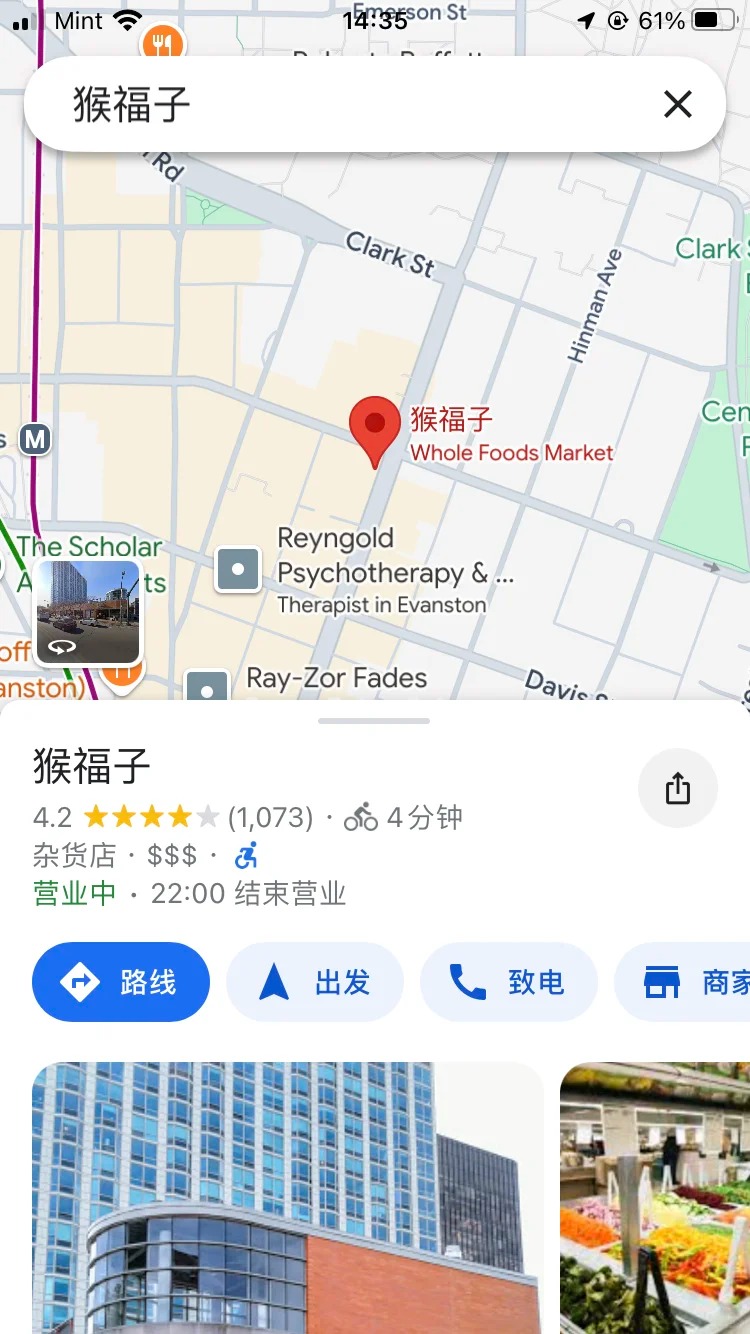
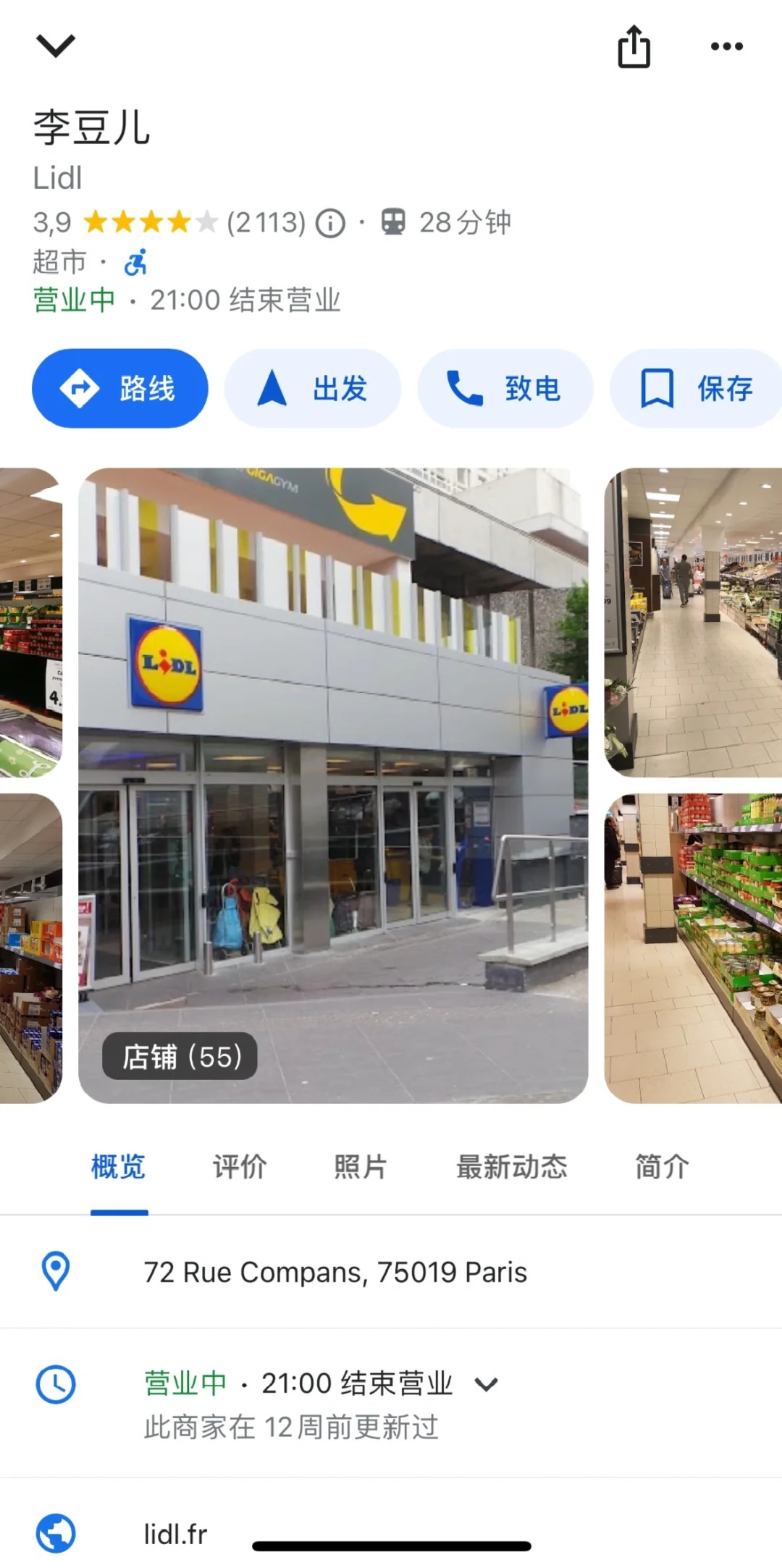
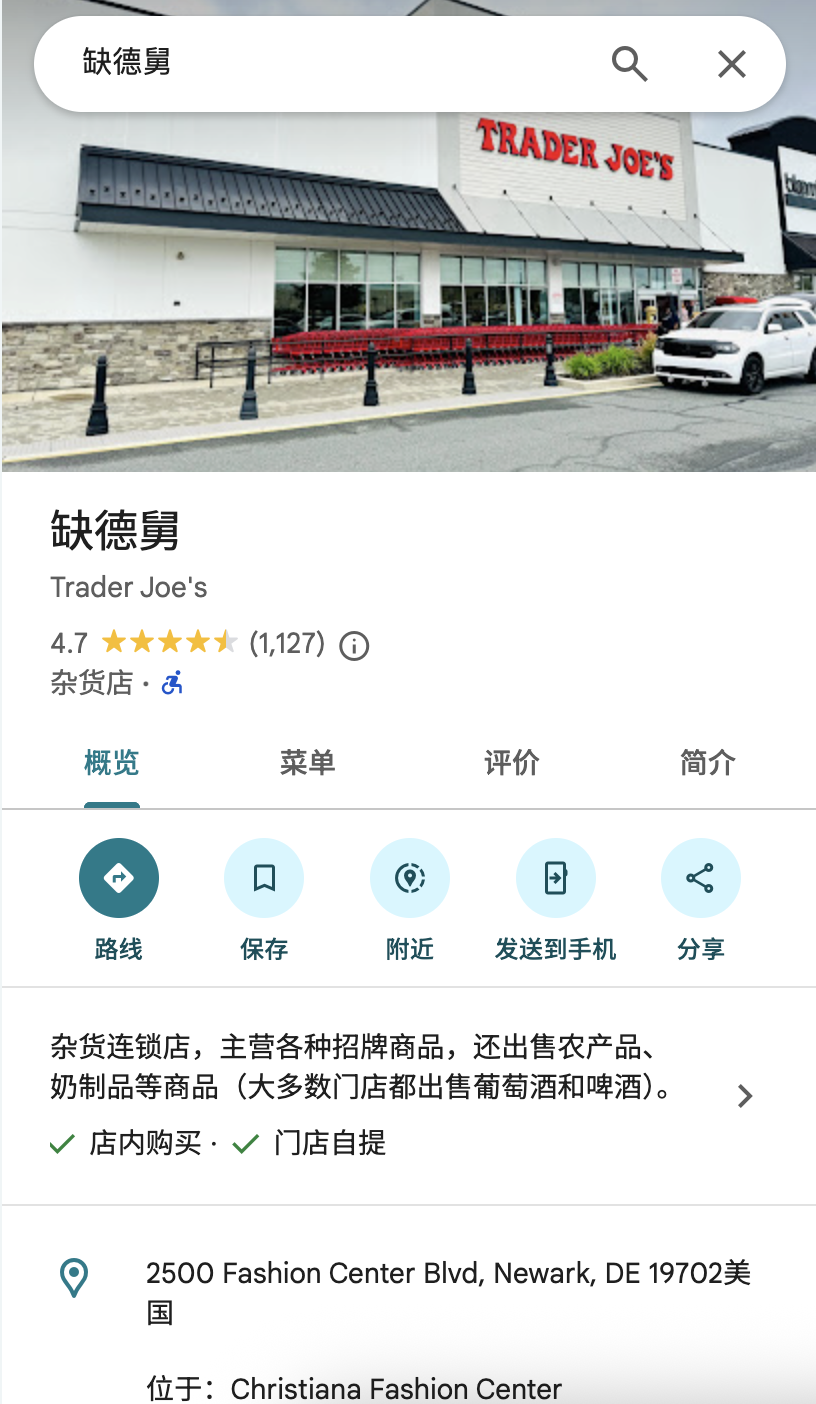
But it’s not just about humor. Some users use Chinese as a kind of private or coded language to share their opinions about a place. Restaurants might be renamed “肉给的很少的越南粉” (“Vietnamese pho with very little meat”) or “这牢板油饼别来赤石” — a pun on “这老板有病别来吃屎” (“this boss is sick, don’t come eat shit”). It’s the digital version of how some locals in China use playful characters or coded language to leave sarcastic — or occasionally glowing — reviews.
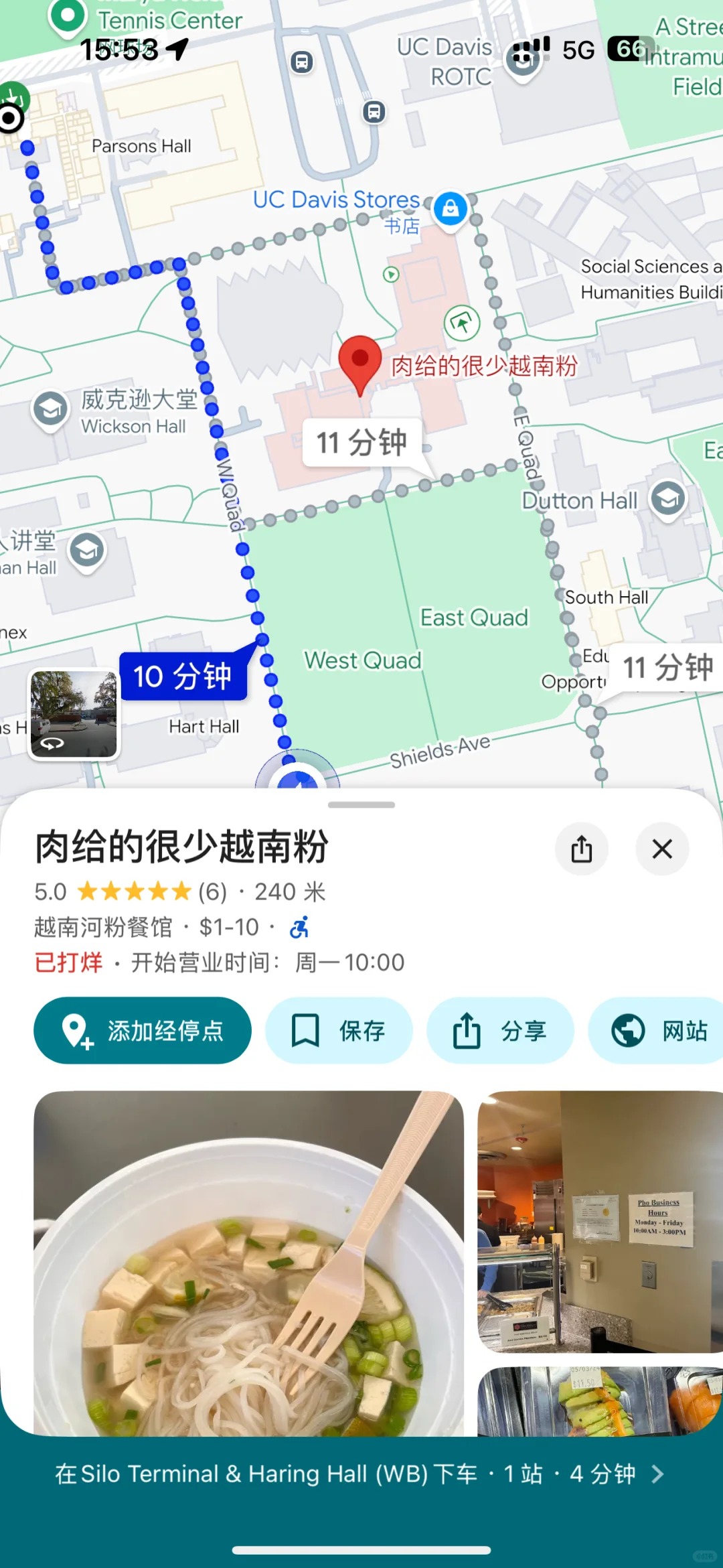
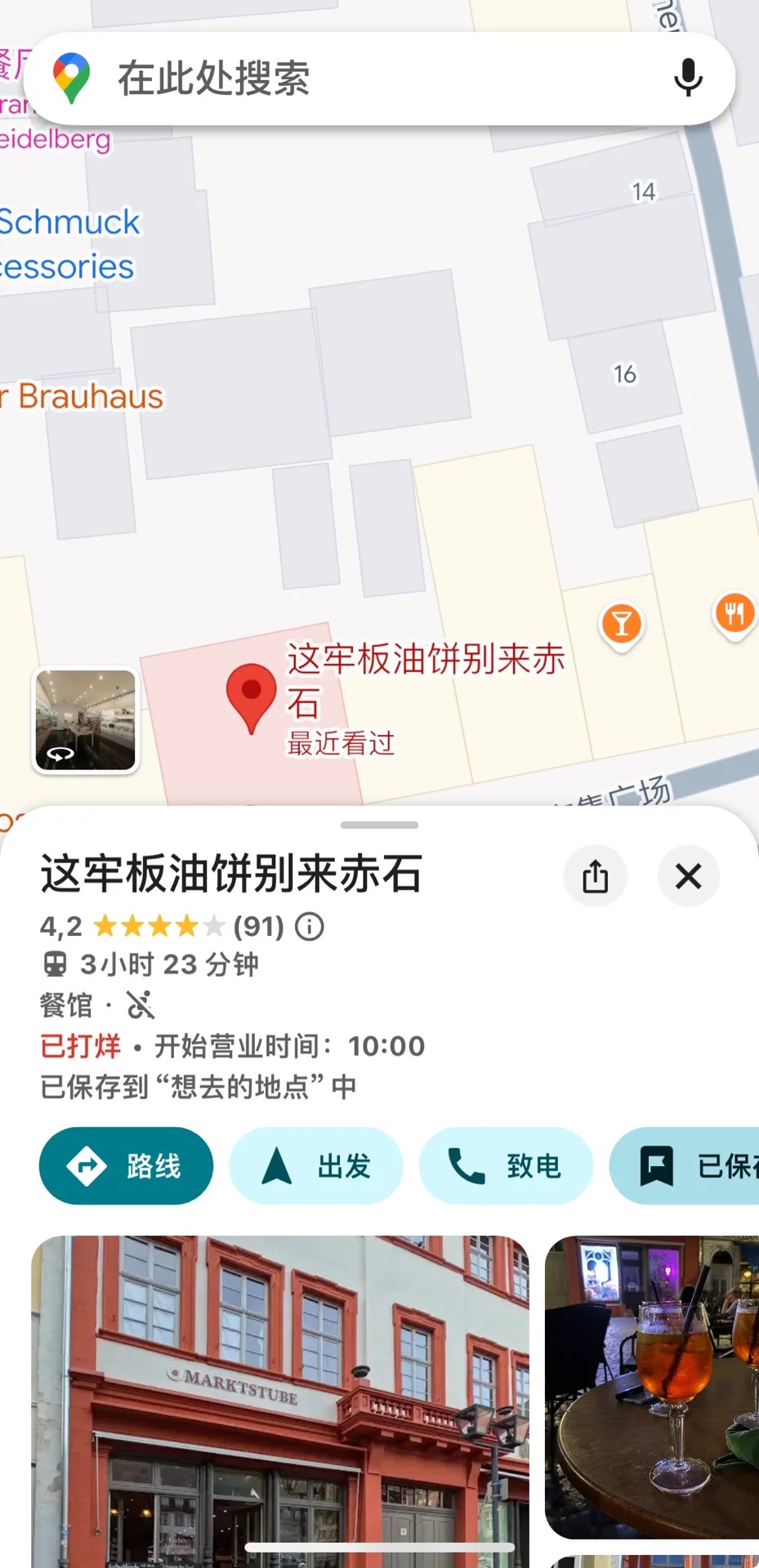
Elsewhere, people change names simply to express their feelings about a place. University campuses and dormitories are particularly active zones for this kind of renaming. One residence hall in Sydney was dubbed “悉尼阿兹卡班” (“Sydney Azkaban”) because of its remote location, while another in Rouen was renamed “狗都不住公寓” (“Even dogs wouldn’t live in this apartment”)—a brutal take on its poor living conditions.
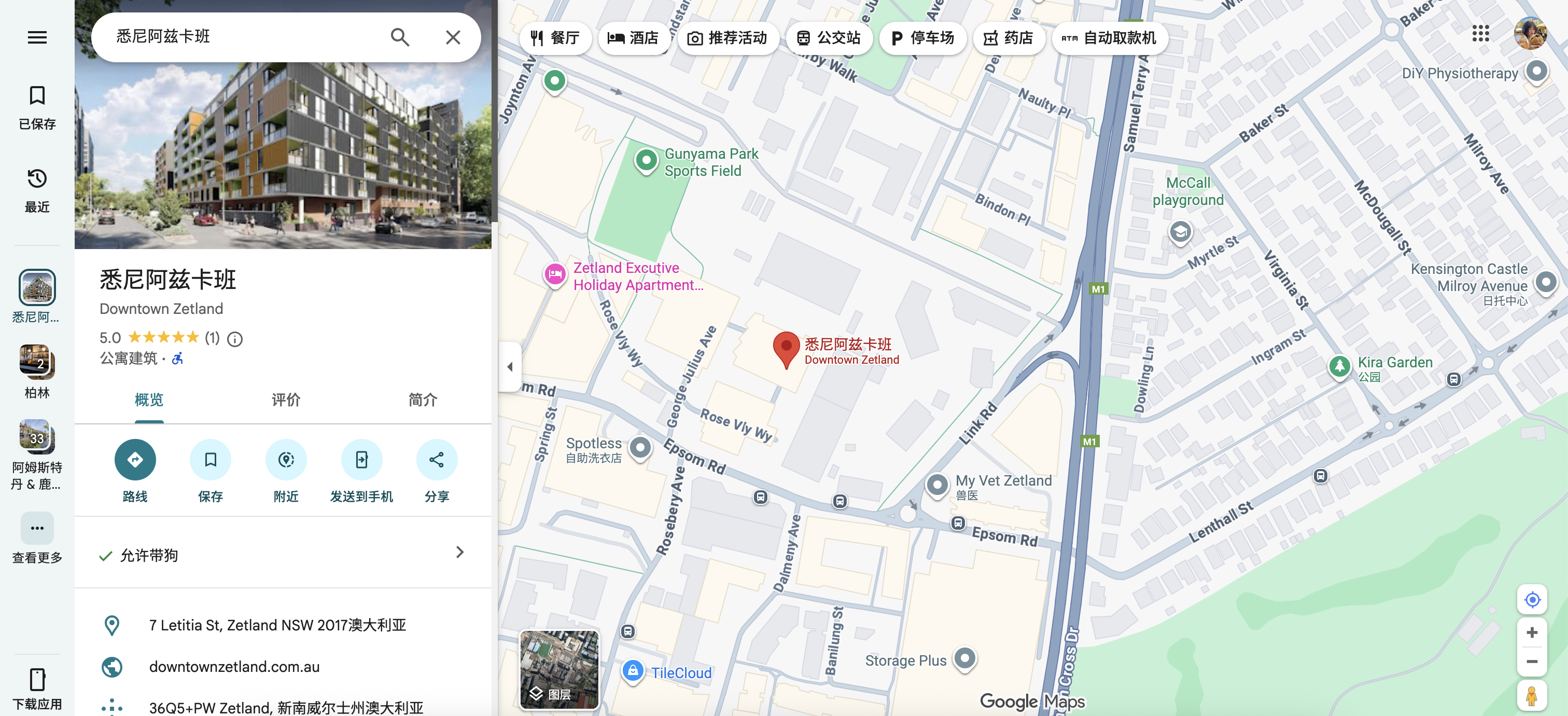
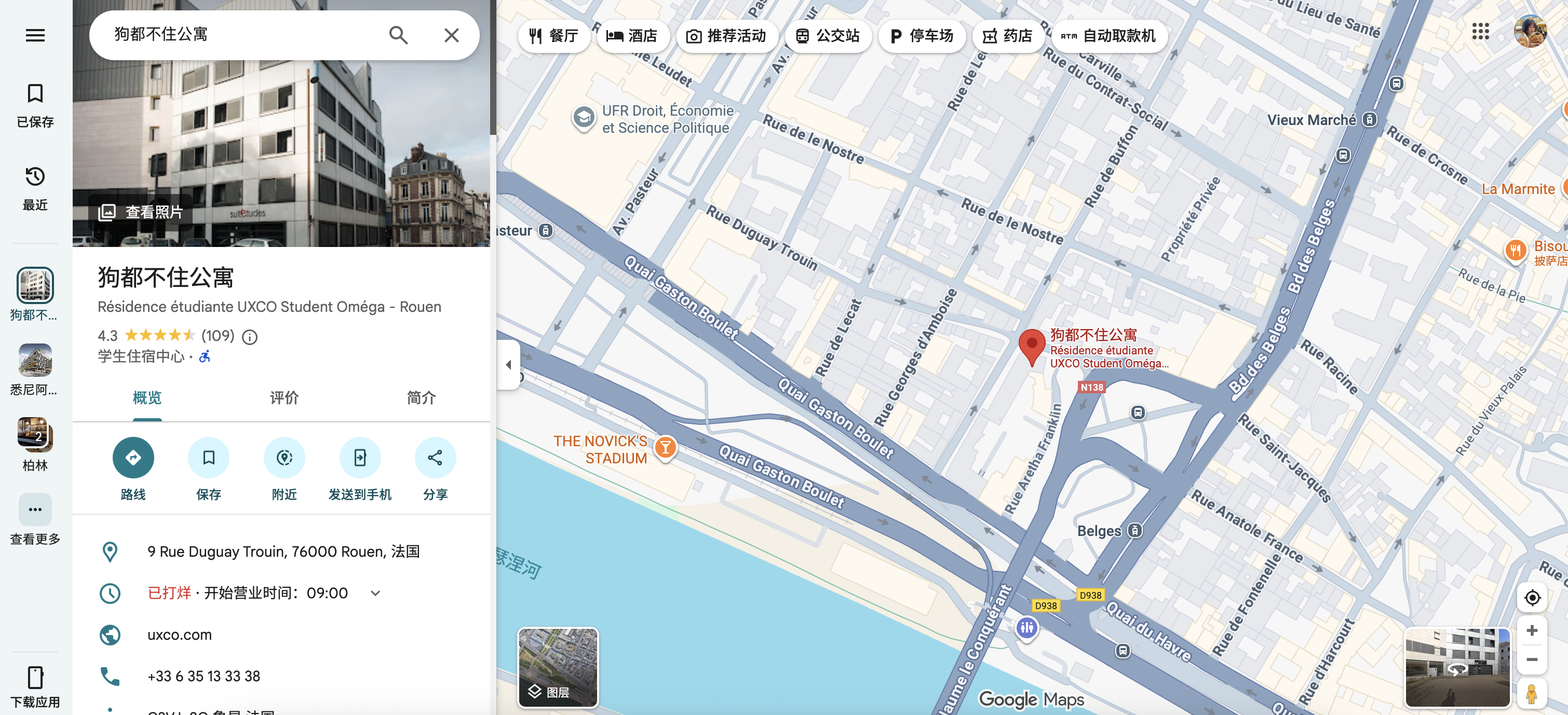
So how did all this start? It’s all thanks to Google’s open editing system. Anyone can submit a translation or rename a location, and non-English language submissions tend to face looser moderation. Naturally, that kind of freedom invites chaos. Over time, many of the purely random or absurd edits were reverted by more conscientious users. For example, clinics falsely renamed as 同仁堂 (Tong Ren Tang, a major Chinese traditional medicine brand) or delivery hubs mislabeled as 菜鸟驿站 (Cainiao Station, Alibaba’s parcel pickup service) have since been corrected.
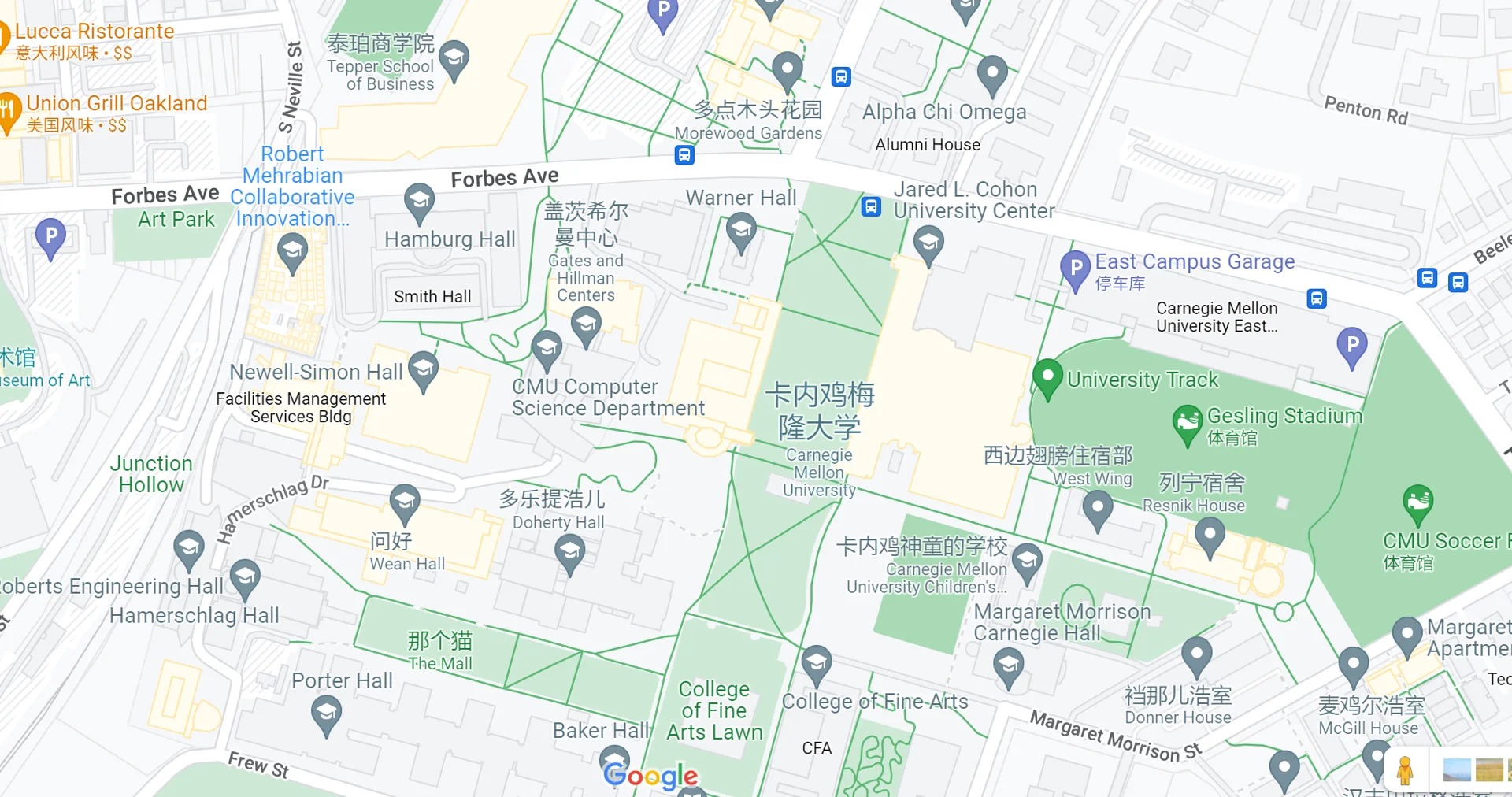
Still, the trend lingers—a curious, creative artifact of Chinese internet culture. Some users drop jokes, others hide secret codes, and together they’ve built a map that only those “in the know” can fully read. It’s a subtle, digital form of cultural expression—a way for Chinese people abroad to carry a piece of home with them, one meme-name at a time.
Cover Image via Harry Potter Fandom.















